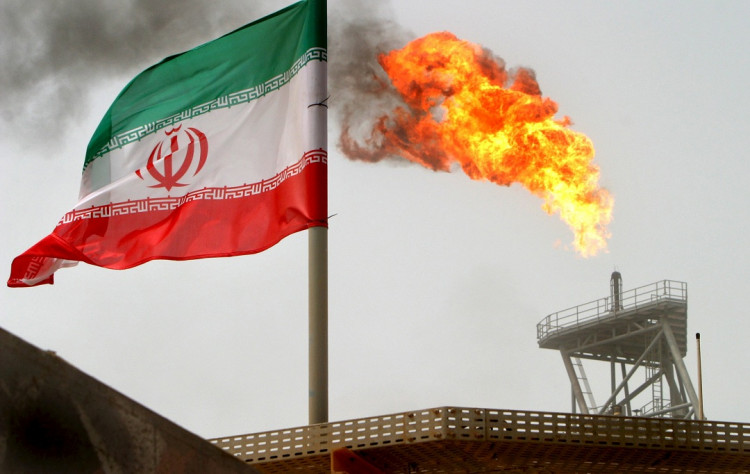Over the weekend, as Israeli ground forces amassed in preparation for a potential assault on Gaza, the risk of an escalated crisis in the Middle East grew. Oil markets are closely monitoring the evolving situation between Israel and Palestine, particularly regarding whether Shiite-majority Iran, which backs groups like Hamas and Hezbollah, will enter the fray.
Oil prices can be seen as a barometer for the Middle East situation, and their fluctuations can ripple through broader financial markets. Wall Street analysts believe that the Israel-Palestine conflict will introduce more uncertainty into the markets. As oil prices rise, inflation expectations surge, leading to heightened hawkish expectations from major central banks like the Federal Reserve. This could further pressure stock markets, pushing investors towards safe-haven assets like U.S. Treasuries and the U.S. dollar.
Iran and Israel Take Firm Stances, War Seems Imminent
The tense situation over the weekend has markets widely concerned about the escalation of the Israel-Palestine conflict. As Israel prepared for a ground assault on Gaza, Iran indicated that if such an attack occurs, they would have no choice but to intervene.
Iran's Foreign Minister, Hossein Amir-Abdollahian, warned that if Zionist aggression doesn't cease, all parties in the Middle East would be ready to act.
In response, the Israeli military has closed its northern border adjoining Lebanon, preparing for potential conflict with the Iran-backed Hezbollah, and has asserted its capability to handle conflicts on multiple fronts.
If Hezbollah, and by extension Iran, were to enter the conflict, it would signify a shift in the Israel-Palestine clash towards a more unpredictable direction, greatly affecting oil supply in the Middle East.
However, Western nations, including the U.S. and France, have warned Iran against intervening in the conflict between Israel and Hamas.
U.S. President Joe Biden went further, stating directly that Hamas must be eliminated.
Last Friday, oil prices soared, with both West Texas Intermediate (WTI) crude and Brent crude surging nearly 6% during intraday trading.
Oil Prices to Impact Broader Financial Markets
Most analysts believe that the Israel-Palestine conflict will introduce more uncertainty into the markets. As oil prices rise, inflation expectations increase, leading to heightened hawkish expectations from major central banks, further pressuring stock markets and pushing investors towards safe-haven assets.
Ed Yardeni, President of Yardeni Research, stated that geopolitical crises in the Middle East typically lead to rising oil prices and falling stock prices. The impact largely depends on whether the crisis is a short-term flare-up or a larger conflict, such as a war between Israel and Iran.
Andrea Tueni, Head of Sales Trading at Société Générale, expressed that he doesn't expect significant impacts on European or U.S. markets. The geopolitical risks are certainly significant, but their impact depends on the scale of the conflict. Local stock markets will undoubtedly react, but he doesn't anticipate similar effects the following day.
The only asset class that might react is oil, but given the current lack of supply disruption, he doesn't foresee a significant surge in oil prices. It's not feasible to compare the current situation in the oil market to that of 1973. If the conflict escalates to another level, such as a direct Israeli attack on Iranian infrastructure, that would be a completely different scenario, but it's too early to tell at this point.






